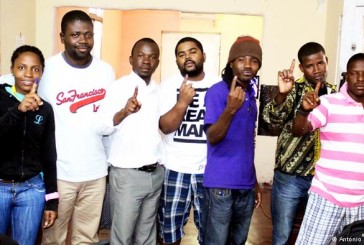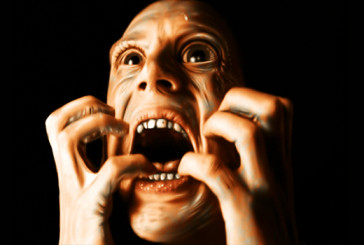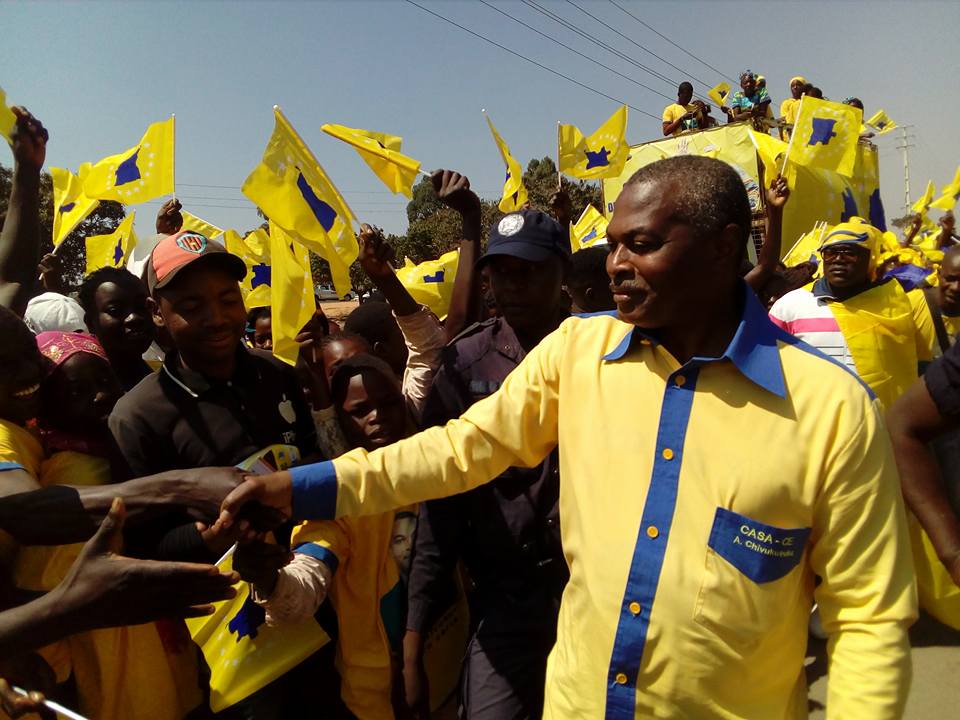

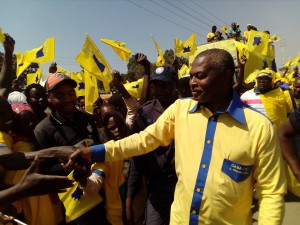

Some celebrities carry symbolic power as an extension of the institution to which they belong. It takes a lot of effort from most people to build this power; they may suffer privation and overcome difficulties in ways that seem ultra-human. An example of a public persona whose symbolic power does not require effort is the Pope. This is due to the symbolism of the institution over which he rules. Such symbolism personifies itself almost automatically.
It is clear that this was not the case of Martin Luther King, nor of Thomas Sankara, or so many other “righteous” men that the world has known. For them, the symbolic power they possess was built upon effort. Some have paid with their lives. Both the ones who have built symbolic capital with their blood, sweat, and tears, as well as the ones who have reached it by force of institutional symbolic transfer can lose such power. It all depends on discourse and trajectory.
When the Pope speaks, his words are full of symbolic power. He is capable of exerting great influence, leadership. Forget the concept of symbolic as less effective in the transformation of reality. A book that advertises non-violence can have high rates of success. However, books are made of linguistic symbols through which the author exerts symbolic power upon people and societies. With all the literary tradition, symbolic of course, about libertarianism and liberalism, it was possible to mold the world with what is nowadays called democracy and free market.
In the field of business, in those societies where there is a high standard of ethics, the most successful companies are the ones that can better establish a relationship based on confidence, offering personalized costumer service. Why is it so? Because they are built upon symbolic power. They attract clients not only because of the goods and services they offer, but also because of the added value when selling good. To sum up, they are marked by the minimal morality.
Why do so many people around the world have respect for Nelson Mandela? The answer is simple: he carries symbolic power. Mandela never owned a bank, a petroleum refinery, a gold mine, a telecommunications company nor any other asset worth billions in order to purchase people’s applause.
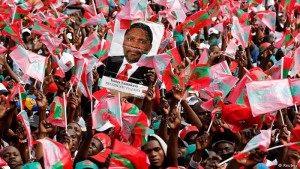

Let us come back to Mandela. His namesake foundation has an interesting project. They manufacture shirts and t-shirts, some in the style Mandela favored, and others with his prisoner number, as well as many other objects with the Madiba brand. They attract millions of customers around the world. Who forces people to buy them? Do they buy them because they are beautiful like other fashion products that abound all around the world? No! People buy them because Mandela represents leadership, symbolic capital, an elevation of civilizational standards, because he is an example of humanity and sensitivity.
What relationship can thus be established between the future of “business- opposition” and symbolic capital? Its future, whether promising or poor, will depend on the position taken face to the reality of the subversion of popular will on elections. It is up to the “business-opposition” to choose between symbolic capital and the LX 570 Lexus.
Those who shape the world and shape our lives are women and men with courage, intelligence, creativity and boldness in all fields: science, arts, sports and politics. Do we have these people in the Angolan political scene?




